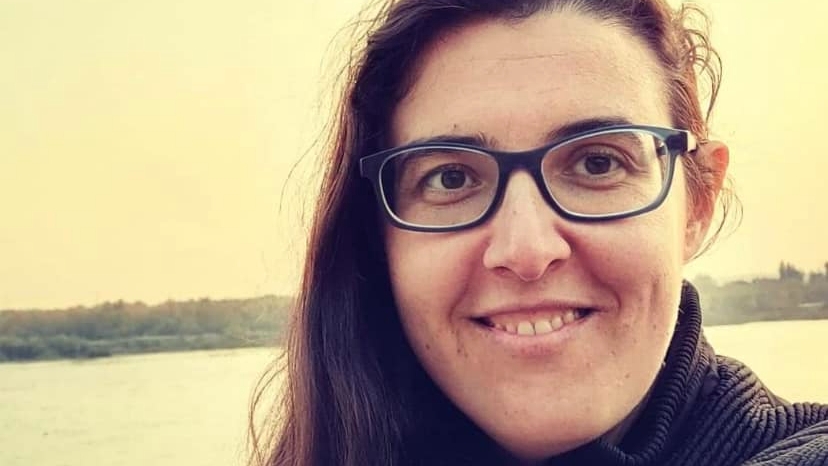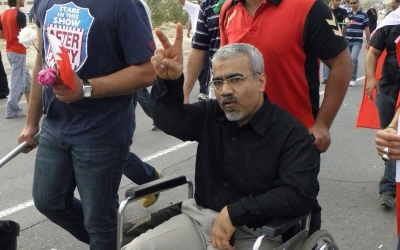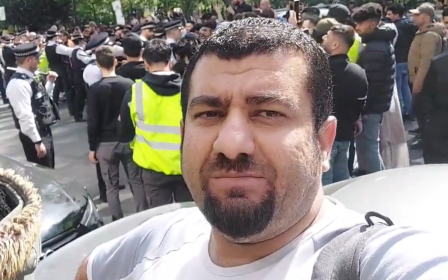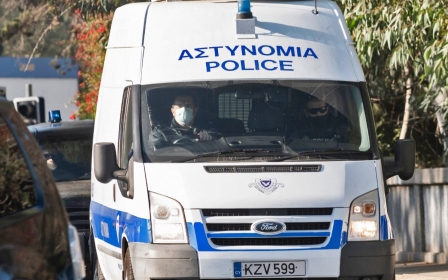Israeli academic being held by Shia militia in Iraq, Netanyahu's office says

An Israeli academic who went missing in Iraq earlier this year is alive and being held there by the Iranian-backed Kataeb Hezbollah militia, according to Israeli Prime Minister Benjamin Netanyahu's office.
The researcher was identified as Elizabeth Tsurkov, a fellow at New Lines Institute and a doctoral student at Princeton University's Department of Politics. There were no details about her specific whereabouts or further details about her condition.
Tsurkov frequently made contact with local Arab sources, journalists and researchers across Iraq and Syria and was part of a group promoting female journalists and analysts and their work in the region.
The New York Times reported that Kataeb Hezbollah detained Tsurkov after she left a cafe in Baghdad in late March, citing her family and people with knowledge of her case.
"Elizabeth Tsurkov is still alive and we hold Iraq responsible for her safety and well-being," Netanyahu's office said in a statement.
The statement added that the issue was being "dealt with by the relevant authorities in Israel".
New Lines Institute said that their last contact with Tsurkov was on 19 March, when the researcher had informed the think tank that she wanted to return to Princeton University to complete her doctoral dissertation.
The institute added that Tsurkov also held Russian nationality.
"Just over a week later we learned from our sources that a pro-Iranian militia had kidnapped her in Baghdad, where she had been doing research. We have not heard from her since," it said in a statement.
Netanyahu's office said that she "visited Iraq on her Russian passport, at her own initiative pursuant to work on her doctorate and academic research on behalf of Princeton University in the US".
New Lines further called on the United States to intervene in the issue.
"She works with a Washington think tank, writes for an American magazine and studies at Princeton University. She deserves America's every effort to bring her to safety," the organisation said in a statement.
Middle East Eye reached out to Princeton University for comment, but had not received a response by time of publication.
Middle East Eye propose une couverture et une analyse indépendantes et incomparables du Moyen-Orient, de l’Afrique du Nord et d’autres régions du monde. Pour en savoir plus sur la reprise de ce contenu et les frais qui s’appliquent, veuillez remplir ce formulaire [en anglais]. Pour en savoir plus sur MEE, cliquez ici [en anglais].





